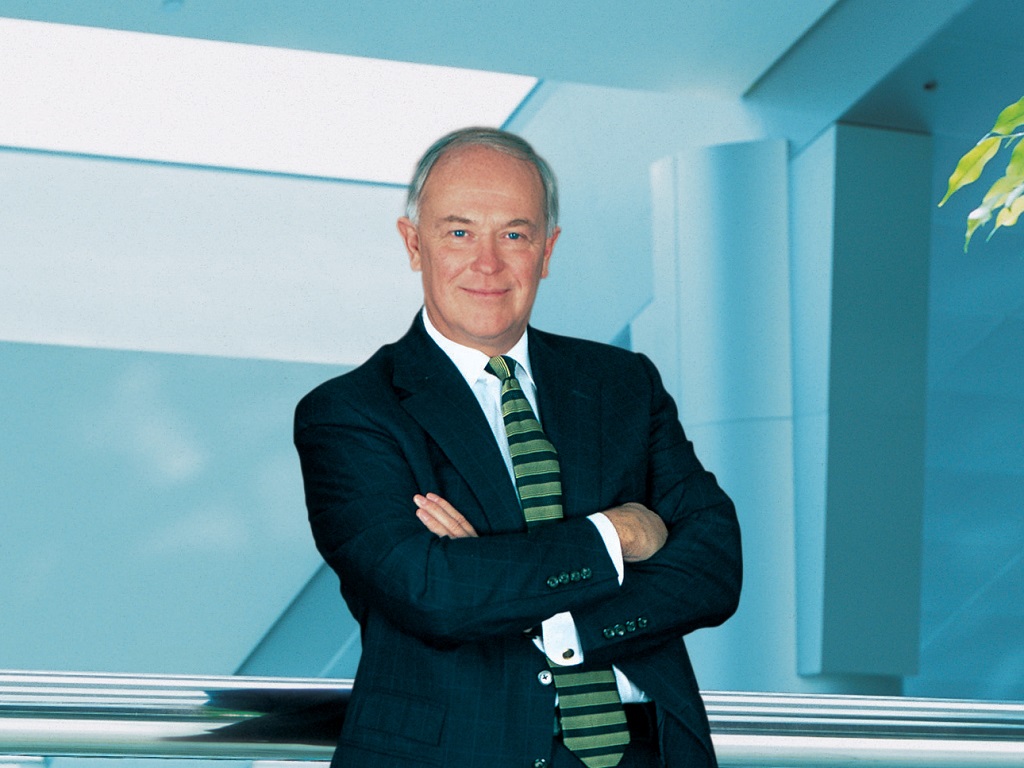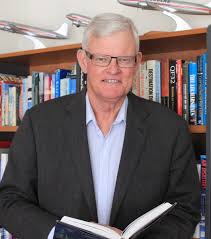Sir Tim Clark questions supersonics, air taxis and hydrogen fuel
07 November, 2021
4 min read
By joining our newsletter, you agree to our Privacy Policy


Emirates President Sir Tim Clark, the grandfather of so many aircraft, in an exclusive interview with AirlineRatings.com, has questioned the viability of the future of supersonic travel, air taxis, and hydrogen fuel.
Question: Let’s look to the future: What do you think of supersonic flying and United ordering Boom’s Overture?
Sir Tim Clark: I still don’t get the physics, but I don’t want to dampen it. I looked at it, but I don’t know where the sweet spot is. It has the same kind of fuel consumption as the normal engine, but it can’t take more than 75 passengers, less than Concorde. Scaling that, with the environmental pressures at the moment, I doubt it will be affordable beyond the Concorde elite? No, not in my view. We will see, but my gut is telling me this is probably not such a smart idea.
And your take on alternative, green energy sources for propulsion?
Sir Tim Clark: Airbus’ CEO Guillaume Faury is very keen on hydrogen. I’m not so sure about that either. How do you deal with a liquid fuel chilled to minus 273°C, how do you distribute it, through underground tanks and hoses that freeze solid with these temperatures? The practicalities are uncertain. Hydrogen is three times the volume of fossil fuels, where are you going to put those tanks? Every time I ask these questions they say: ‘Technology will take care of it.’ What I say is: ‘What you are doing is fooling the public, because they think you going to deliver it tomorrow, while it can’t be done before the mid-2030s at the earliest. They should just be honest. We can only follow technology and it will lead us down that path. But hydrogen is not going to happen for a long time.
READ: Qatar Airways launches huge fare sale for Australia
READ: Aussie whizz Hapgood to lead digital production of Boeing’s next aircraft.
READ: Ryanair’s O’Leary calls Boeing delusionary over MAX deal
What about Urban Air Mobility (UAM)? More and more airlines try to get involved in that new segment as well.
Sir Tim Clark: Today’s rules are that you must fly with enough fuel to go from A to B, you must have 3% contingency, sufficient to approach and land and go around twice, and then to divert to an alternate that can be up to an hour away. When you get these UAM vehicles in cities, what are the rules that they are going to adhere to? If they are battery-powered and have a range of 50 miles, how is that going to work and where are you going to put that down if there is a problem? Does it presuppose that you always have a place to land? If you are in Dubai and the outside temperature is 50°C, how big is your air condition unit to be? For me, there is too much of this.
So you are equally skeptical about the bright new world of urban mobility the many well-funded start-ups want us to believe in?
Sir Tim Clark: I have got great misgivings. Stop overpromising. Stop misleading people. UAM vehicles are bloody dangerous in my view unless there are very, very strict controls as to how and where they are going to be flown. You carry people’s lives on those vehicles so you can’t afford to have accidents. I am a great believer in technology, but I am really concerned that there is a pursuit of something for the wrong reason. The belief that is now beginning to grow is that these things are achievable overnight, that they will not be beset by huge amounts of problems well before they are optimized. But lives are at risk here if you are not careful.
Next Article
2 min read
Asiana Airlines crash - what is next?
Get the latest news and updates straight to your inbox
No spam, no hassle, no fuss, just airline news direct to you.
By joining our newsletter, you agree to our Privacy Policy
Find us on social media
Comments
No comments yet, be the first to write one.

